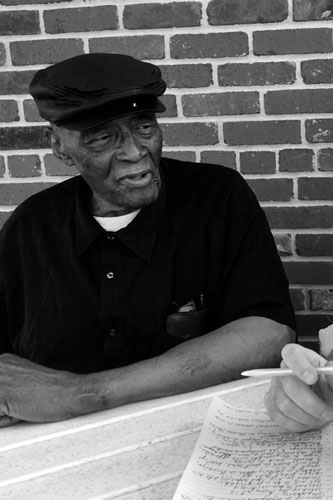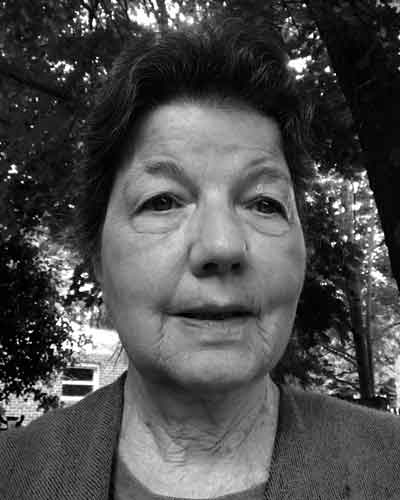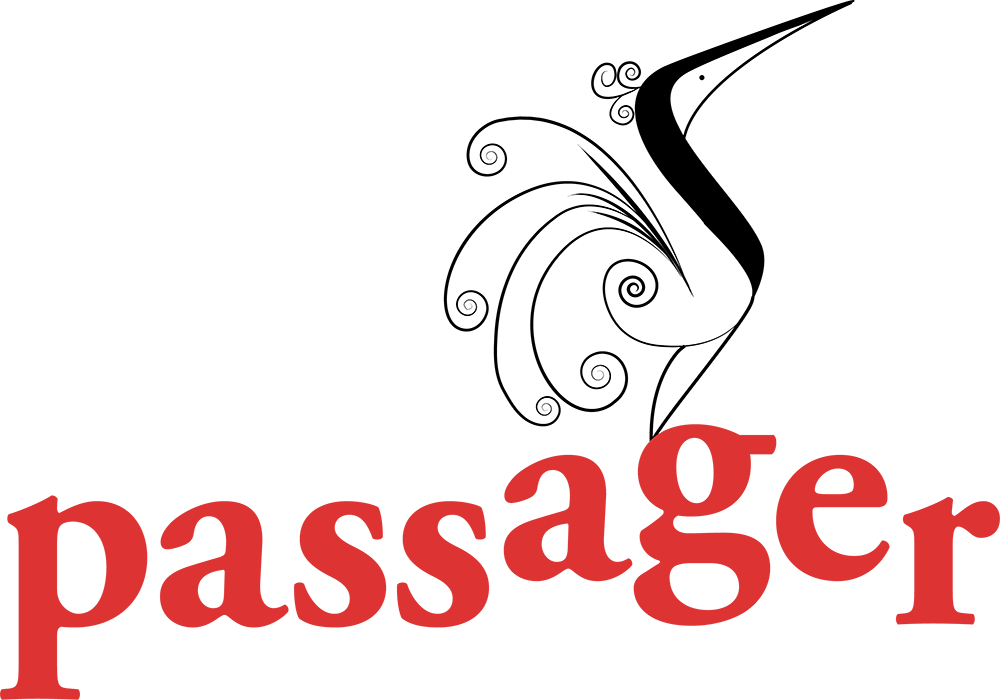Law & Writing




From attorneys into authors, featuring work by John Glowney, Freddie Lee Wilson & Craig Hukill, and Margaret Flaherty.
7 minutes
TRANSCRIPT
Over the years, there have been a lot of attorneys turned writers: crime novelists like Scott Turow and John Grisham and Richard North Patterson and people like David E. Kelley who created and wrote for lawyer shows like Ally McBeal and L.A. Law, and Boston Legal. Elizabeth Strout who wrote Olive Kitteridge was a lawyer, as was Will Shortz of New York Times Crossword Puzzle fame. Poets Archibald MacLeish and Wallace Stevens were lawyers. So were 19th Century American poet William Cullen Bryant and Spoon River Anthology author and poet Edgar Lee Masters.
On this episode of Burning Bright, some pieces by Passager writers who are or were attorneys.
Lawyer John Glowney said it was a short leap from watching his son and his friends building home-made ramps for their skate-boarding attempts to “musing on the ambitions and dreams of boys, fathers’ eternal misguided heavy-handedness, and the archetypical Daedalus and son.” Here’s his poem “Sons.”
Long-haired thirteen-year-olds coast dusk
on skateboards. Three summers ago
they wanted to be astronauts or firemen
climbing tall ladders
into windows of fire. Wheels rattle
against pavement, thunk
against a ramp made of castaway 2×4’s
propped up on old produce boxes:
the boys launch a few brash feet
off the ground, twirl, land crouched,
or stagger sideways, or crash. Did Icarus,
shouldering the gorgeous ensemble
his father fashioned,
the tight straps pinching his rib cage,
complain? Did he share
Daedalus’ dream of flight
over the sea’s unfolding horizons
and inexhaustible trenches;
or did he, within the chambered maze
that stabled his own bull-headed heart,
aim for the sun on what he had made
from what he could find
in his father’s attic and garage—
plywood, pigeon feathers, glue?
John Glowney’s poem “Sons” from Passager Issue 59.
Freddie Lee Wilson lied his way into the Army at 15 to escape life in segregated Tallahassee, Florida. Four years later, he left the military and set off on a 60-year odyssey that took him into a world of prizefighting, bank robbery, prison, alcohol and redemption. When a social worker suggested Freddie write about his life to help him make sense of it, he said he didn’t like writing, so she placed an online ad for someone to help him. US Department of Labor lawyer Craig Hukill responded and said he spent hundreds of hours over the next several years interviewing Freddie and listening to his stories. Out of that came a draft of a memoir titled Nobody Knows. Here’s an excerpt.
I’d been disappointed after learning that Special Services in England didn’t have a boxing team like the one I’d been on when I was stationed in Japan. I’d been undefeated in the Far East and was anxious to polish my skills and prepare for a life as a prizefighter. My eyes lit up when I walked into the PX in September and saw a picture of two fighters – Joe Louis and Ezzard Charles – on the cover of Ring magazine. I dug a coin out of my pocket, slapped it onto the counter, and retreated to the barracks to reconnect with my heroes.
I devoured the magazine, reading it cover-to-cover and then, already impatient for the next issue, I’d read it again. And I didn’t stop there. I started buying another monthly magazine, Ebony, and a new weekly, JET, so I could keep tabs on my favorite boxers when they were out and about.
It was a great time to follow boxing, too. The stars were back in action after the war and the sport was more popular than ever. The greatest of them all was Walker Smith, Jr., who, as a kid, had borrowed the Amateur Athletic Union card of another boxer – Ray Robinson – so he could fight his first fight. The name stuck and when an admirer joked that his boxing style was “sweet as sugar,” Sugar Ray Robinson’s identity was forever set.
From Passager Issue 72, an excerpt from “Rivals for My Affections,” from the life of Freddie Lee Wilson as told to and written by Craig Hukill.
Margaret Flaherty wrote poetry in high school but stopped “for a busy 50 years or so,” at least part of that time practicing law. She started writing poetry again in 2016. She said her poem “Nanny’s Hat” was inspired by an image she saw while she was getting a Tibetan Bells vibration massage.
Struck Tibetan bells on my skin
make waves, widening swells,
centers dark-welled; down, down
I slip the black-slicked sides
to the time before anyone died.
This cannot be. The past is nada,
zero. No space for falling, no
place to land. All I can say, I was
there. I saw what I saw. The hat
boutique & Nanny angling her
face in the mirror, blue-netted hat,
brimming silk flowers, pinned
to her iron gray curls. She looks
like she’s tasting something sweet
but knows how to keep it a secret.
It’s possible she loves me. For
sure she loves a white straw hat
with navy grosgrain trim: a pill-
box I think they called it, the hat
that Jackie made famous.
On dark hair like mine or Nanny’s
once was, it’s glamor. In this
great country, she says, even the
poor can dress rich. Proud to be
such patriots, we buy the hats.
This is where the bells took me.
It wasn’t a memory. It was an
actual place & I was happy to be
there again and I think, though
she didn’t smile or say much,
Nanny was glad to see me.
Margaret Flaherty’s poem “Nanny’s Hat” from Passager’s 2022 Poetry Contest Issue.
To subscribe to or learn more about Passager and its commitment to writers over 50, go to passagerbooks.com. Passager offers a 25% discount on the books and journal issues featured here on Burning Bright. Visit our website to see what’s on sale this week.
For Kendra, Mary, Christine, Rosanne, and the rest of the Passager staff, I’m Jon Shorr.



